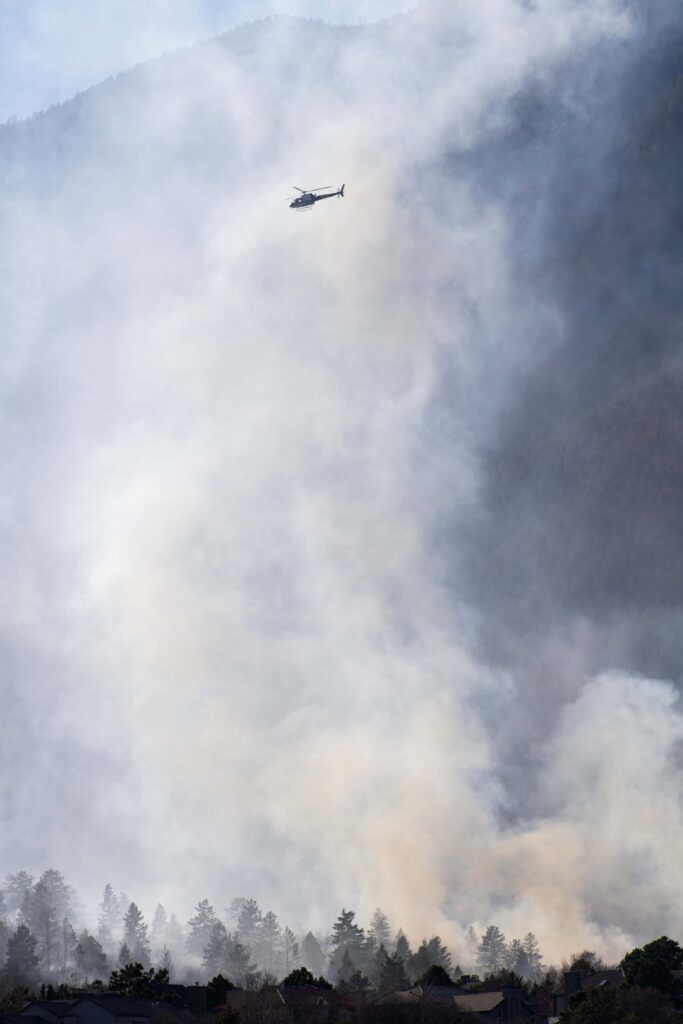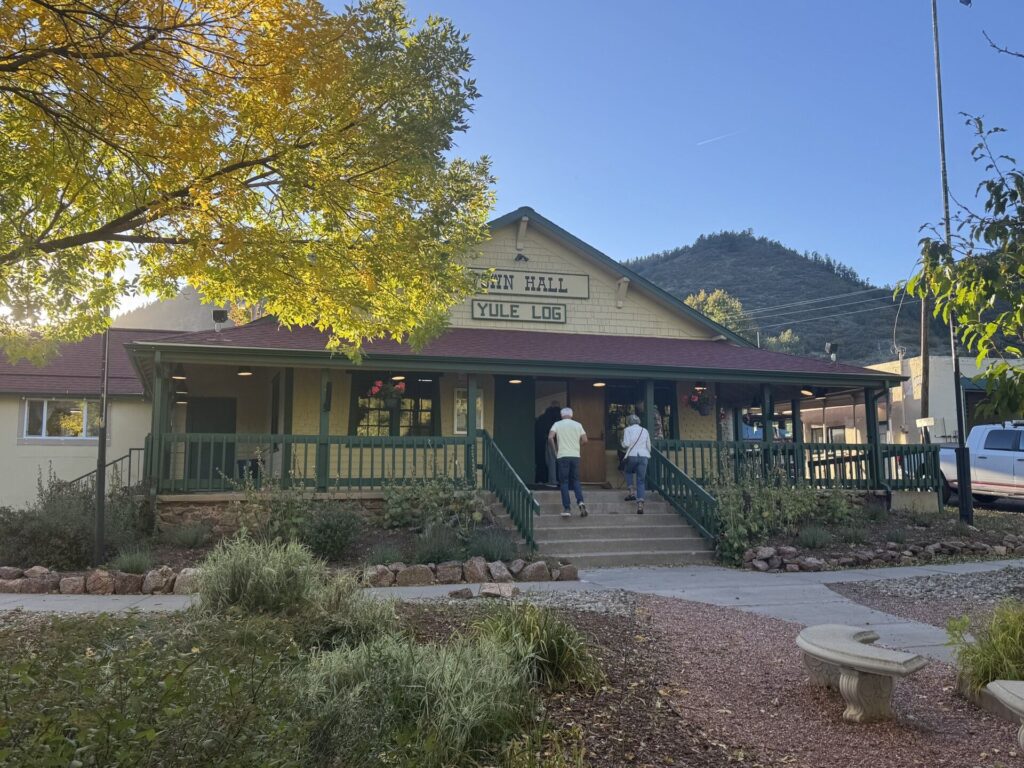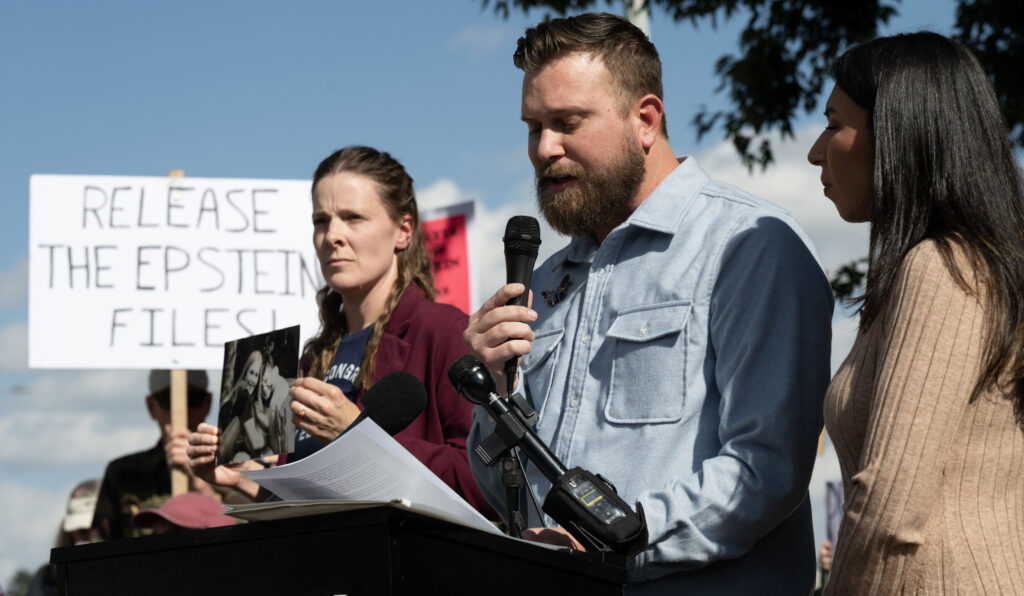Fourth wolf dies in northwest Colorado as wolf reintroduction program continues
Colorado Parks and Wildlife announced Friday that the fourth of 15 wolves brought to the state from British Columbia in January has died.
The wolf was a female, identified as 2512-BC. The agency received a mortality alert for the wolf on May 15 and said it occurred in northwest Colorado.
No cause of death was identified. A statement from the state wildlife agency said that the U.S. Fish and Wildlife Service would conduct a necropsy.
The British Columbia wolves were released in Pitkin and Eagle counties in January but have traveled far beyond those areas. Two went into Wyoming and died there. In one case, staff from the US Fish & Wildlife shot it after it killed five sheep. No cause of death was given for the second wolf.
The fourth wolf, a female identified as 2514-BC, was found dead in Rocky Mountain National Park on April 20, and a necropsy is expected.
Three other wolves brought to Colorado from Oregon, part of a group of 10 that came from packs with a history of killing livestock, also have died in Colorado. One died after a fight with another wolf. Another lost a fight to a mountain lion, and the third, the male of a breeding pair that was believed to have killed at least a dozen livestock, died from injuries from a gunshot wound.
That leaves Colorado with at least 25 wolves: 11 from British Columbia, seven from the original 10 from Oregon, four pups from the breeding pair, with CPW claiming a fifth that has never been captured, and two collared wolves that came down from Wyoming several years ago.
The wolf reintroduction program has resulted in more than $600,000 in depredation claims from ranchers, whose livestock and working dogs have been slaughtered by wolves. The state’s wolf compensation fund is only budgeted for $350,000, meaning claims above are being paid out of other CPW funds.
Colorado Parks and Wildlife and the State Department of Agriculture announced earlier this week that they had hired 11 range riders from local communities to support livestock producers and mitigate potential wolf conflicts.
Ranchers are in the midst of calving season. In 2024, wolves killed more than two dozen cattle, many of them calves, during calving season. So far in 2025, wolves have killed four livestock, including two calves, a yearling heifer, and a working dog in Gunnison, Eagle, Pitkin, and Jackson counties.
The range rider program is one of several wolf management tools that state lawmakers demanded CPW complete before introducing more wolves into Colorado. A footnote in the state’s 2025-26 budget contained that information.
“Having range riders out on the landscape further expands our already strong conflict minimization program,” said CPW Director Jeff Davis. “We take our responsibility for the well-being of the ranchers, their livestock, and the wolves very seriously.”
CPW said the range riders are contracted to serve Jackson, Grand, Routt, Eagle, Garfield, Pitkin, Summit, Rio Blanco, and Moffat counties, but they can also move to areas of “greater potential conflict.”
They are contracted to work 22 days per month during the five-month on-range season from April to October. The range riders must bring their own trucks, trailers, horses, ATV/UTV, insurance, and necessary gear for on-range patrols, including night patrols.
That’s led to worries from ranchers that the pay, at $30 per hour, is too low for an effective program since it doesn’t cover other costs, which can well exceed $100,000.
Wolves can travel anywhere from 30 to 100 miles per day. While the wolves were all relocated west of the Continental Divide, the state’s most recent wolf map shows they have entered watersheds throughout the Front Range, including Boulder and Jefferson counties.
Colorado Politics Must-Reads:












